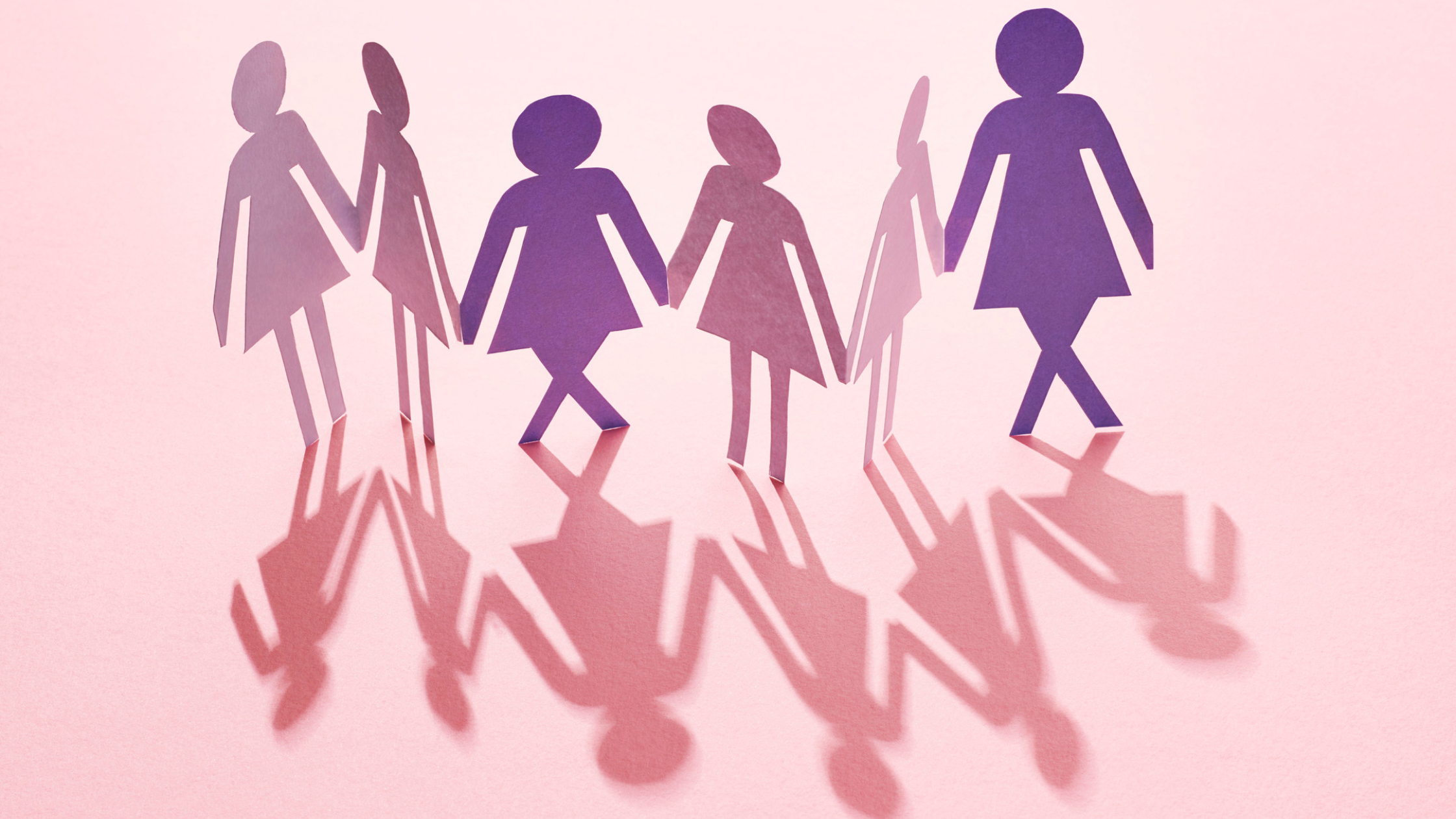The Short Story
- Did you know that up to 45% of women experience bladder leakage at some point in their lives? So, don’t worry; you’re not alone in this leaky boat!
- The decline in estrogen levels during perimenopause and menopause can cause the pelvic floor muscles to weaken, making it harder to hold in urine. It’s like your pelvic floor is a trampoline, and menopause is a giant jumping on it.
- Other factors contributing to bladder leakage during this stage of life include weight gain, pregnancy and childbirth, and certain medical conditions such as diabetes and thyroid problems—a perfect storm of leakage.
- But don’t worry; you can take control of your symptoms! Keeping a healthy weight, staying active, and doing pelvic floor muscle exercises (like Kegels) can help strengthen the muscles that support the bladder. It’s like giving your pelvic floor a personal trainer.
The Deep Dive
Perimenopause and menopause are natural stages in a woman’s life that can bring about a host of changes, both physical and emotional. One of the most common and often embarrassing symptoms women may experience during this time is bladder leakage, also known as urinary incontinence. But you’re not alone – according to the National Association for Continence, up to 45% of women will experience incontinence at some point in their lives.
So, why does this happen? As we age, our bodies undergo several changes that can affect the pelvic floor muscles, which are responsible for controlling the bladder and preventing leaks. During perimenopause and menopause, the decline in estrogen levels can cause the pelvic floor muscles to weaken and lose tone, making it more difficult to hold in urine. Additionally, menopause can also cause the bladder to shrink, making it more sensitive and easily triggered. Other factors contributing to bladder leakage during this stage of life include weight gain, pregnancy and childbirth, and certain medical conditions, such as diabetes and thyroid problems.
So, what are the symptoms of bladder leakage? The most common signs include:
- Leaking urine when you cough, sneeze, laugh, or exercise
- Feeling a sudden, strong urge to urinate
- Frequently needing to use the bathroom
- Wetting your clothes or bedding
But don’t despair! There are things you can do to help manage and even prevent bladder leakage. First and foremost, it’s important to maintain a healthy weight and stay active. Pelvic floor muscle exercises (like Kegels) can help strengthen the muscles that support the bladder and are easy to do anywhere, at any time. You should also try to avoid foods and drinks that can irritate the bladder, such as caffeine, alcohol, and spicy foods.
If you’re experiencing bladder leakage, talk to your doctor about it. They may be able to help you identify the cause and recommend appropriate treatment options.
In conclusion, bladder leakage is a common symptom that many women experience during perimenopause and menopause, but it is not something you have to live with. With the right approach, you can take control of your symptoms and get back to living your best life.
References:
- https://www.hopkinsmedicine.org/health/conditions-and-diseases/urinary-incontinence/urinary-incontinence-in-women
- WebMD. “Urinary Incontinence in Women.” https://www.webmd.com/urinary-incontinence-oab/guide/urinary-incontinence-women#1
- https://www.health.harvard.edu/blog/urinary-incontinence-common-and-manageable-2017101812583
Disclaimer: Pelvic issues are serious conditions and should be treated accordingly. Peli Health’s attempt at making the tone funny is to lighten the mood and help the reader feel more relaxed when reading about this subject. We are not medical doctors. We do not diagnose illness. The information on this site is provided for educational and informational purposes only and is not intended or implied to be a substitute for professional medical advice, diagnosis, or treatment. nor does it constitute providing medical advice or professional services. Always seek the advice of your doctor or other qualified health provider regarding a medical condition.


